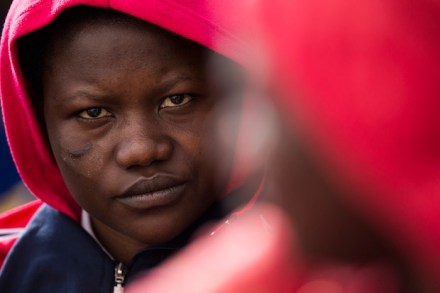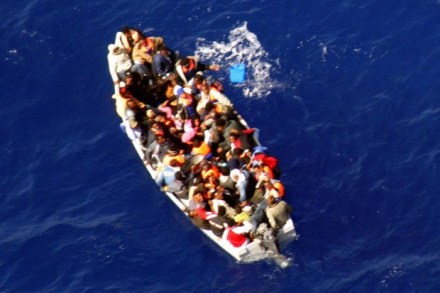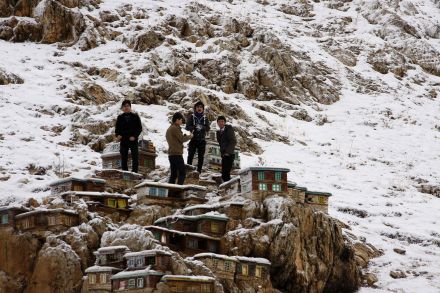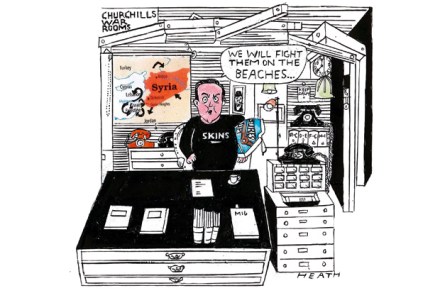Is David Aaronovitch taking the piss out of himself?
This job is getting harder and harder, because it is no longer possible to parody or satirise the blithe stupidity of the liberal London middle class. It now exists in a place beyond the reach of such mocking. Take a peep at David Aaronovitch’s piece today on the problems in Calais. Just have a look, and tell me you don’t think he’s actually taking the piss out of himself. David believes we should let all the asylum seekers in. He thinks that they would make excellent ‘electrical engineers’. Yup, that’s why they’re there, Dave. Itching to get their hands on a junction box, the lot of them. Not a single penny





















